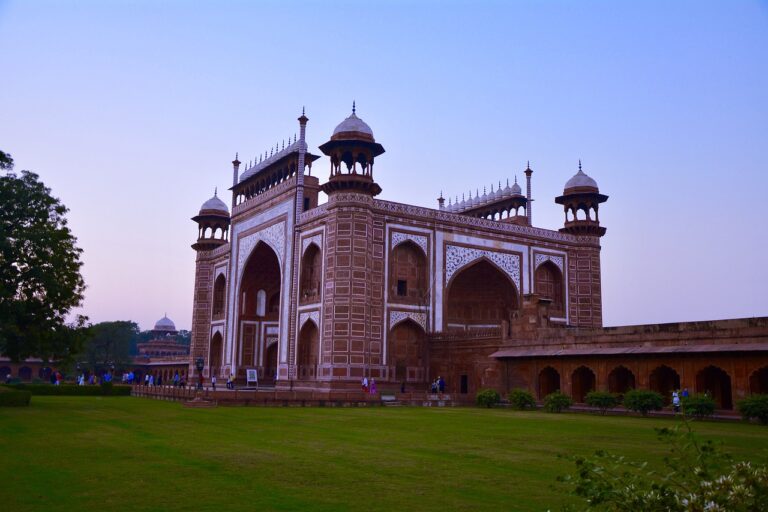Exploring the Role of Political Debates in Shaping Policy Discourse
Political debates have played a crucial role throughout history in shaping the formation of policies. These debates serve as a platform for policymakers to present their ideas, engage in discussions, and advocate for their proposed policies. By engaging in debates, politicians can highlight the pressing issues facing society and offer potential solutions, which can ultimately lead to the development of new policies and regulations.
Moreover, political debates provide an opportunity for various stakeholders, including experts, interest groups, and the public, to voice their opinions and influence the policy-making process. Through these discussions, policymakers gain valuable insights into the diverse perspectives and concerns of different groups, which can help them make more informed decisions when crafting policies. Ultimately, the historical impact of political debates on policy formation underscores the importance of open dialogue and collaboration in creating effective and responsive policies that address the needs of society.
Key Players in Political Debates and Their Influence on Policy
In the realm of political debates, key players play a vital role in shaping policies that impact the lives of citizens. These key players can include politicians, policymakers, experts in various fields, interest groups, and lobbyists. Each of these individuals or groups brings their unique perspectives, agendas, and expertise to the table, influencing the direction that policy discussions take.
Politicians, as key players in political debates, often hold the most power in shaping policies due to their ability to introduce legislation and make decisions on behalf of the public. Their priorities, ideologies, and relationships with other key players can heavily influence the policies that are ultimately implemented. Additionally, experts and interest groups provide valuable insight and expertise on complex issues, shaping the debate and influencing policymakers’ decisions. Lobbyists also play a significant role by advocating for specific policies or interests, using their resources and networks to sway decision-makers in their favor.
The Relationship Between Political Debates and Public Opinion
Political debates play a crucial role in shaping public opinion. Through these forums, candidates have the opportunity to present their policies and ideologies to the public, influencing how individuals perceive key issues. As candidates engage in discussions and debates on various topics, the public gains insight into their stances and values, ultimately affecting how voters align themselves.
Public opinion, in turn, can impact political debates by shaping the topics and questions that are discussed. When certain issues garner widespread attention and concern among the public, candidates are more likely to address them in debates to appeal to voters. As public sentiment shifts over time, so too do the focus and tone of political debates, highlighting the dynamic relationship between public opinion and the political landscape.
How have political debates historically influenced policy formation?
Political debates have played a crucial role in shaping policy formation throughout history. They provide a platform for candidates to present their ideas and policies to the public, influencing public opinion and ultimately impacting the decisions made by policymakers.
Who are the key players in political debates and how do they influence policy?
Key players in political debates typically include candidates running for office, moderators, and the media. Candidates use debates to highlight their policies and platforms, while moderators help facilitate the discussion. The media plays a significant role in shaping public opinion by covering and analyzing the debates.
How do political debates impact public opinion?
Political debates have a significant impact on public opinion as they provide voters with valuable information about the candidates and their policies. Debates can sway undecided voters, reinforce the beliefs of supporters, and influence the overall perception of candidates and issues.
Are political debates the only factor that influences public opinion?
While political debates play a crucial role in shaping public opinion, they are not the only factor at play. Factors such as media coverage, campaign messaging, candidate behavior, and external events can also influence how the public perceives candidates and issues.







